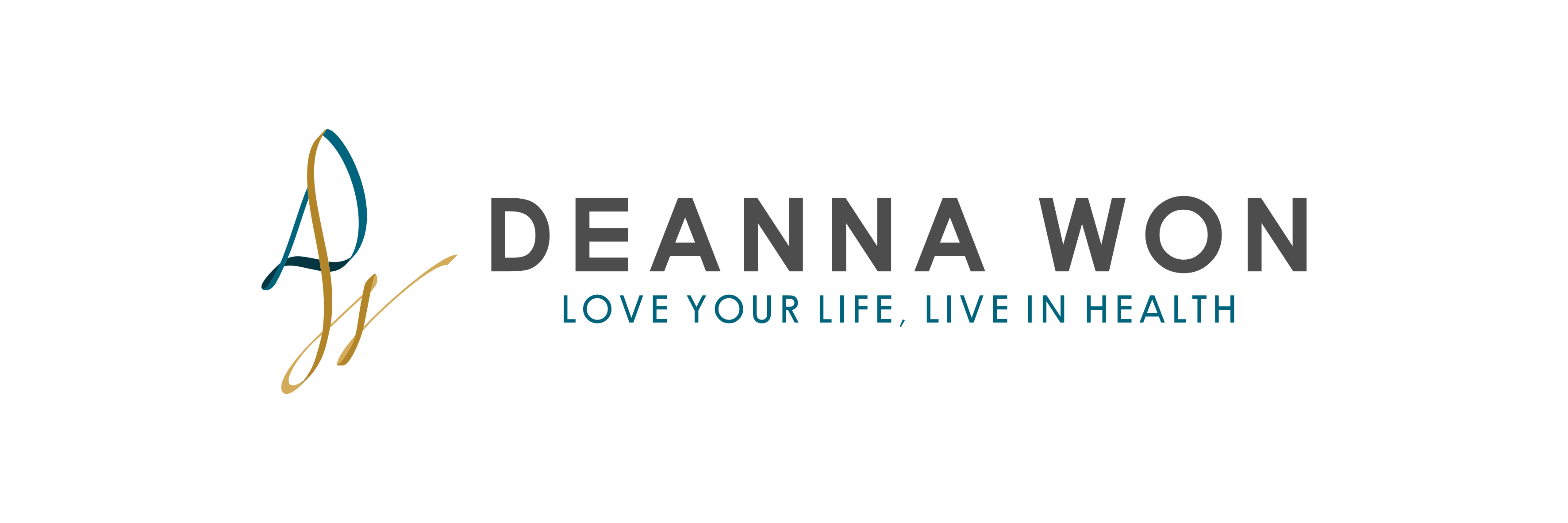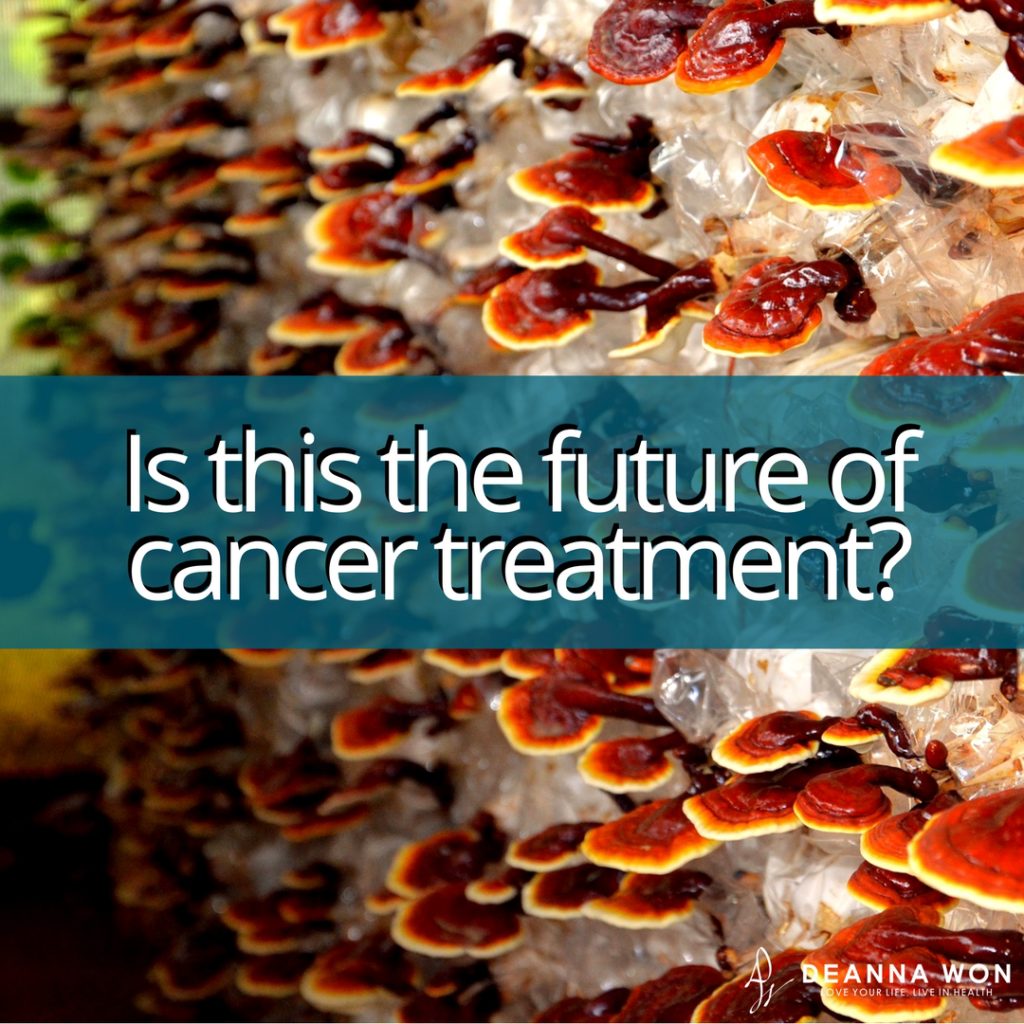What’s the first thing that comes to mind when you hear the word “fungus”? For many people, this word evokes thoughts of mold or fungal infections like athlete’s foot. The idea of fungus being beneficial to one’s health may be the furthest thought from your mind. We see how fungus appears to grow rampantly, overtaking the host upon which it grows, whether it be on your walls after a plumbing leak, on your skin after some direct contact, or even in the yard that you meticulously groom to give your home the appearance of a warm and inviting refuge. However, certain types of fungi have been undergoing studies which prove the medicinal benefits of using fungus for improvements in health.
Although those of us in the Western World are still in the infancy stages of utilizing medicinal fungus or mushrooms, in the treatment of various diseases and conditions, the Chinese, Japanese, and Koreans have been using mushrooms for medicinal purposes for thousands of years. As the daily use of herbal remedies is increasing in popularity worldwide, researchers have been studying the components of the more widely used mushrooms that have provided numerous health benefits for those in the East in order to determine their viability in conventional health care in the West.
In my previous article, Body Healthy Fungi, you may have read about the myriad of health benefits of the Chaga mushroom. Now, I’d like to provide you with the advantageous applications of the Reishi mushroom, also known as Ganoderma lucidum (靈芝 líng zhī).
Used for thousands of years in Chinese medicine, the Reishi has affectionately been named the “Mushroom of Immortality.” Because of its healing benefits, its use was once only reserved for the elite. Now, this powerful mushroom is widely available, touting beneficial effects on the liver, cancer, allergies, viruses, blood pressure, blood sugar, and hormones.
How does the Reishi protect your liver?
The liver plays a major role in removing toxins from our bodies. In addition to toxin removal, it is also responsible for a number of vital functions that keep the body running efficiently, such as producing bile, producing proteins for blood plasma, storing and releasing glucose, and regulating blood clotting. Because our bodies are exposed to toxins on a regular basis, the liver may potentially become overburdened, making it more difficult for it to function at peak levels of performance.
As a hepatoprotective agent, Reishi contains triterpenes and polysaccharides, which are both antioxidants, and sporoderm, broken G. lucidum powder. In a study that investigated polysaccharides as an antifibrotic agent, it was found that the “polysaccharide from Ganoderma Iucidum reduced the serum aspartate transaminase (AST), alanine transaminase (ALT), alkaline phosphatase (ALP) and total bilirubin and also reduced the collagen content in liver and improved the morphology.”
In another study, the Ganoderma lucidum spore was proven to be effective in protecting the liver from cadmium-induced hepatoxicity as it induced hepatic metallothionein, a protein that assists in the elimination of cadmium (a heavy metal) toxicity. It was also proven that the antioxidants found in Reishi helped to reduce cadmium-induced oxidative stress, thereby, helping to improve liver function and its ability to break down and absorb nutrients, while flushing harmful toxins from the body, and healing any gastric related injuries.
How does the Reishi mushroom help in cancer treatment?
Polysaccharides, such as beta-glucans, and triterpenes aid in this mushroom’s ability to halt cell mutations while protecting healthy cells from cancerous activity. Beta-Glucans exhibit anticarcinogenic activity and can thereby prevent oncogenesis. By stimulating the immune system, beta-Glucans can slow down or prevent further tumor growth. This process can reduce tumor proliferation and prevent tumor metastasis. There is also evidence that naturally occurring triterpenoids exhibit anticancer, anti-inflammatory, and anti-proliferative effects in laboratory settings.
According to an NCBI article, “In human (MDA-MB-231) and mouse (4T1) breast cancer cell lines, Reishi significantly decreased the phosphorylation of LRP6 and suppressed Wnt3a-activated Wnt target gene Axin2 expression. Administration of Reishi inhibited Wnt-induced hyper-proliferation of breast cancer cells and MDA-MB-231 cell migration. Our results provide evidence that Reishi suppresses breast cancer cell growth and migration through inhibiting Wnt/β-catenin signaling, indicating that Reishi may be a potential natural inhibitor for breast cancer.” Studies have shown that “Ganoderma lucidum also suppressed cell adhesion and cell migration of highly invasive breast and prostate cancer cells, suggesting its potency to reduce tumor invasiveness,” further demonstrating the anticancer and therapeutic effects of the Reishi.
How does the Reishi mushroom help with allergies?
If you’re an allergy sufferer, Reishi has also proven to be beneficial in alleviating histamine related symptoms. In addition to acting as an anti-cancer agent, triterpenes, also known as ganoderic acids, help to prevent histamine release and reduce the inflammation caused by allergy triggers. Cyclooctasulfur and oleic acid are other properties found in the Reishi which are effective in prohibiting histamine release. Additionally, a protein compound known as Ling Zhi-8 has been proven to reduce antibody production to allergens which can prevent allergic reactions. The Reishi has been found to possess immune-strengthening capabilities, inhibiting chronic inflammation by targeting cytokines without upsetting the body’s natural homeostasis.
How does the Reishi mushroom help with viruses?
The triterpenes found in Reishi also exhibit antimicrobial benefits. They have been shown to fight bad bacteria in the digestive system and other microbial infections, viruses, and fungal infections. In an early study that examined the Reishi mushroom against 15 different species of bacteria, Reishi was proven to be more effective than antibiotics in the treatment of E. coli, Micrococcus luteus, S. aureus, B. cereus, Proteus vulgaris, and Salmonella typhi, but less effective against other species tested. Reishi has been effective in the treatment of hepatitis, bronchitis, and AIDS.
How does the Reishi affect blood pressure and blood sugar levels?
Since a toxic liver can lead to increased cholesterol in the blood, the triterpenoids found in Reishi assist in lowering cholesterol levels and blood sugar levels by improving the liver’s abilities to eliminate toxins, regulate blood glucose levels, and metabolize fats. In animal studies, polysaccharides from Reishi have demonstrated the potential to lower blood sugar and cholesterol levels. With regulated levels of blood sugar and cholesterol, a healthy liver can assist the body in blood clotting and protects the blood vessels, which can further alleviate any stress placed on the heart.
How does the Reishi affect hormonal balance?
While the liver does not create hormones, it plays a pivotal role in metabolizing them after they have completed their functions in the body. Therefore, if your liver is not functioning well, it won’t be able to break down hormones like aldosterone, which controls the balance of minerals in the body; sex hormones, which control growth, libido, and reproduction; and cortisone, which impacts the immune system. If the liver is overtaxed with toxicity, hormonal imbalances may ensue, leading to fatigue, changes in mood, weight gain, and even acne eruptions. Because Reishi assists the liver in the detoxification process, it can aid in the body’s regulation of hormones in the body, which can ameliorate these symptoms.
Like the Chaga mushroom, Reishi is typically consumed in the form of a tea or an extract. When purchasing, be sure to look for certified pure Reishi from an Asian country such as China or Japan. As with most natural remedies that are relatively new to the Western culture, researchers continue to study Reishi for its medicinal benefits and potential to treat a number of diseases and conditions like cancer and viral infections. Due to its blood sugar lowering potential, it is advised that those on blood sugar lowering medications abstain from the use of Reishi for medicinal purposes. It is also advised that pregnant women and those on blood thinning medication, blood pressure medication, or immunosuppressive medication should avoid consuming Reishi until consulting with a physician.
Used for thousands of years, and with recent studies, Reishi is proving to be a potential treatment for a variety of diseases. By incorporating this magical fungus into your health regimen, it is possible to reap the benefits that Eastern cultures have known for centuries. Health begins with the food that we eat. Begin today, to implement healthy, superfoods into your diet for improved health.
Ready to make your health a priority? Contact me here to schedule your consultation.
Sources:
https://www.ncbi.nlm.nih.gov/pubmedhealth/PMH0046740/
https://www.ncbi.nlm.nih.gov/pmc/articles/PMC3585368/
https://www.ncbi.nlm.nih.gov/pubmed/22659462
https://www.ncbi.nlm.nih.gov/pubmed/9145221
https://www.ncbi.nlm.nih.gov/pubmed/28427938
https://draxe.com/reishi-mushroom/
https://www.ncbi.nlm.nih.gov/books/NBK92757/#ch9_sec20
https://www.ncbi.nlm.nih.gov/pubmed/16786250
https://www.ncbi.nlm.nih.gov/pmc/articles/PMC3236089/
http://www.reishi.com/faq.htm
http://reset.me/story/medical-mushrooms-5-fungi-capable-of-healing/
https://www.mskcc.org/cancer-care/integrative-medicine/herbs/reishi-mushroom
https://www.ncbi.nlm.nih.gov/pmc/articles/PMC3942920/
https://www.ncbi.nlm.nih.gov/pubmed/14713328
https://www.ncbi.nlm.nih.gov/pubmed/21466427
http://balajiwellness.weebly.com/ganoderma—allergy.html
https://www.ncbi.nlm.nih.gov/pubmed/24948193
https://www.ncbi.nlm.nih.gov/pubmed/17895634
https://www.liverdoctor.com/your-liver-can-affect-your-mood-and-hormones/
http://blog.cleanprogram.com/hormonal-imbalance
http://reset.me/story/medical-mushrooms-5-fungi-capable-of-healing/

